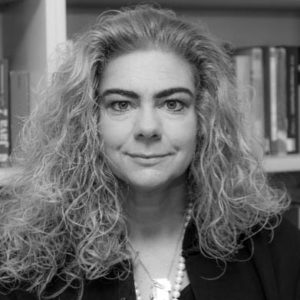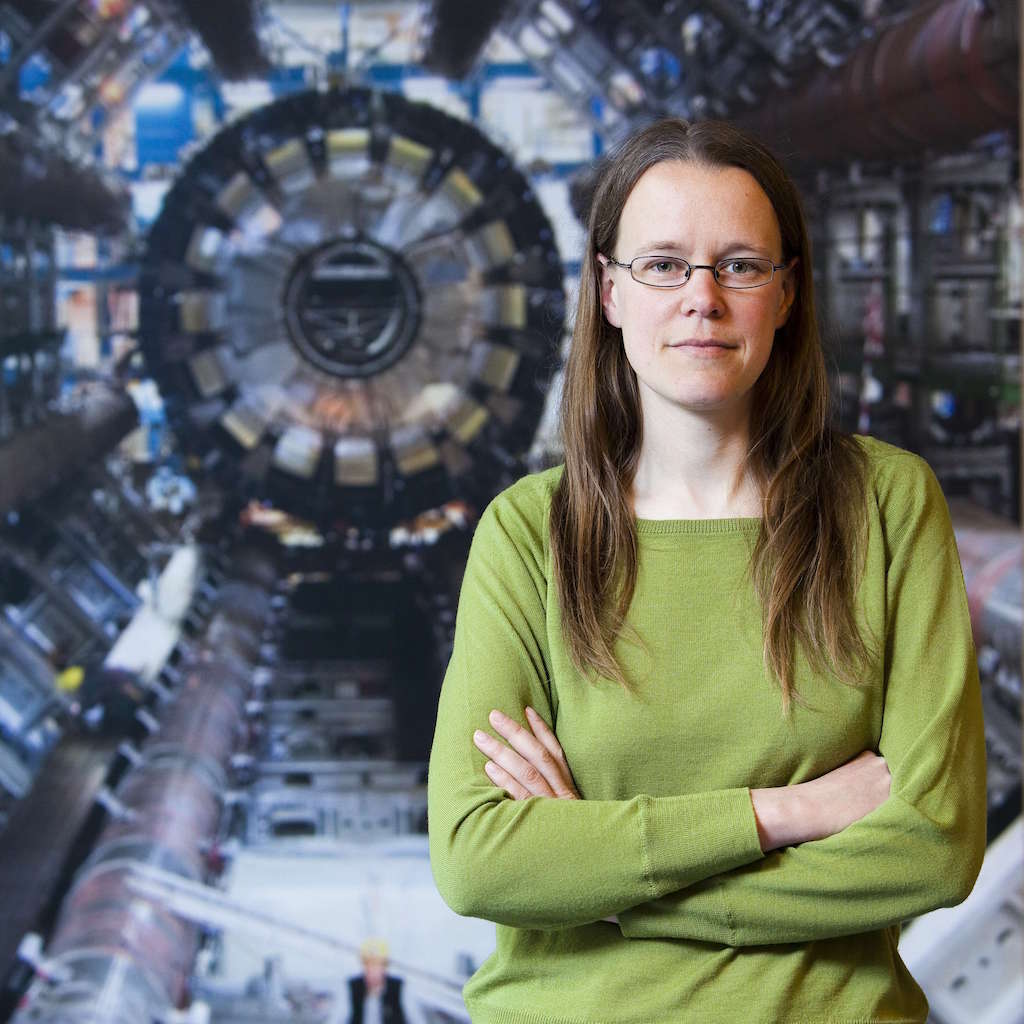
Dr. Sabine Jeschke heads the Cybernetics Lab at the RWTH Aachen University
Today ISC 2017 announced that it’s Distinguished Talk series will focus on Data Analytics in manufacturing and scientific applications.
One of the Distinguished Talks will be given by Dr. Sabina Jeschke from the Cybernetics Lab at the RWTH Aachen University on the topic of, “Robots in Crowds – Robots and Clouds.” She will discuss new trends in mobile robotic systems, with special emphasis on the relationship between AI, cognitive systems and robotics. She will also present new paradigms for robotic platforms, for example, humanoids, robots on wheels, animal-like robots and industrial robots, with respect to their application areas and their physical realization. In her abstract, she specifies the need to consider big data and its analytics as a critical aspect of robotics. At the same time, Jeschke also identifies how high performance computing will need to be applied to robotic systems. She will be sharing all of these topics and more with the ISC 2017 audience.

Dr. Kerstin Tackmann, DESY
Jeschke’s presentation will be followed by one from physicist Kerstin Tackmann, from the German Electron Synchrotron (DESY) research center, who will discuss big data and machine learning techniques used for the ATLAS experiment at the Large Hadron Collider. Jeschke’s research expertise lies in distributed artificial intelligence, robotics, automation, and virtual worlds, among other areas. Tackmann, who will be speaking immediately after Jeschke, will give an overview of the ATLAS experiment, with particular attention to its enormous flow of data generated by the ATLAS detectors. She will present some of the experiment’s results, and give an overview of the technologies employed to store, search and retrieve experimental data and metadata, including the use of analytics tools and machine learning techniques. The ATLAS experiment is one of the two multi-purpose experiments at the Large Hadron Collider (LHC) at the European Organization for Nuclear Research (CERN) in Geneva. Since ATLAS began collecting data in 2009, it has been used to understand the processes described by the Standard Model of elementary particle physics, identify the Higgs boson, and search for particles and phenomena beyond the Standard Model. Tackmann, who earned her PhD in Physics (experimental particle physics) from the University of Berkeley in California, has been involved in the ATLAS Experiment since 2011. She leads the Helmholtz Young Investigators Group Higgs Physics with Photons, which is a part of the ATLAS group at the DESY center.
In related news, the submission deadline for the Birds-of-a-Feather proposal has been extended to February 22, and the PhD Forum committee will accept new submissions until March 3.
ISC 2017 takes place June 18-22 in Frankfurt, Germany.
Sign up for our insideHPC Newsletter




